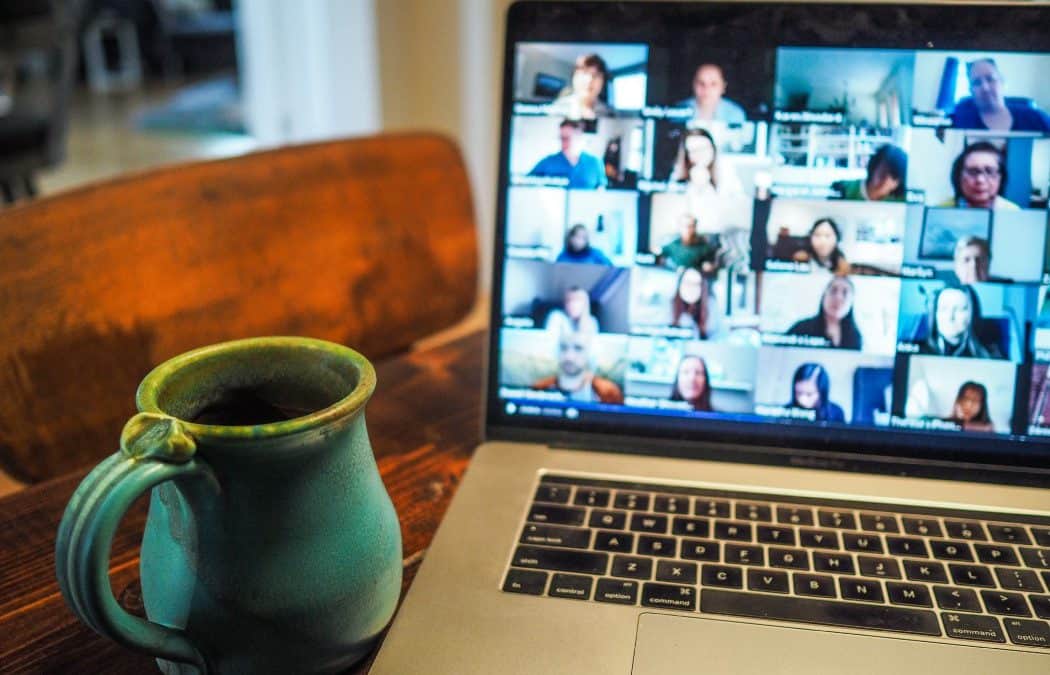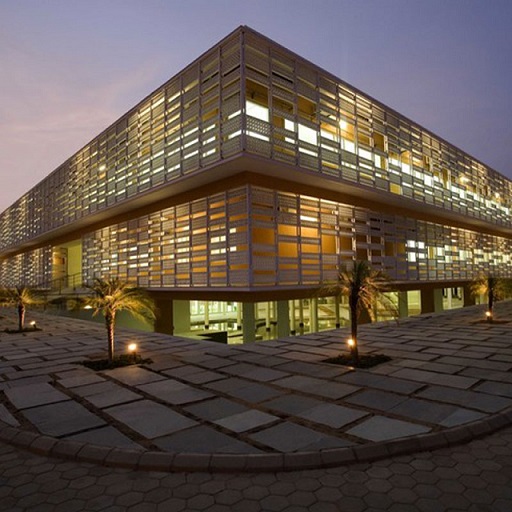Build the event experience into each participant’s home and heart.
A panel discussion can be very engaging and useful or equally dull. Now that we are online the potential experience has become even worse. There are so many webinars, panels, conferences, masterclasses available, creating one that has real value and is engaging becomes critical. Else you will have little audience and they too may leave mid-way. Yes, today’s rules have changed. No longer can we gather our audience into a room and aim to impress and engage them.
It may be sometime before we can all get into a room and engage. Zoom, Cisco Webex, Microsoft meets, and other platforms have taken the place of an in-person panel, a conference or a marketing event. Sometimes you are invited to watch on Youtube or Facebook with nearly no interaction at all! Yes, all of these are gatherings of like-minded people hosted by an organisation that wants to communicate or market something or encourage a discourse. In both online or offline events, the audience or guests attend as they are interested in the topic or want to hear an exceptional speaker.
This post looks at what changes when we go online and identifies unique ingredients that are required to ensure a great online panel. I will start off looking at the positives of each format and then hone-in on online panels and how to make them magical.
What’s great about in-person panels and events.
-Networking: Apart from listening to the experts, many people attend an event or a panel discussion to meet others from the same sector, have conversations and explore possibilities. Often the event is seen as a possible opportunity to meet the expert panellists. Panellists also look forward to meeting with each other. Tea, coffee drinks and dinner are significant spaces where real relationships develop, and business happens.
-Captive Audience: Once you have people in a room, they have usually planned to stay for the whole event so you can create a schedule to maximise the impact you have on the group. You can video fillers, or put something on the table, make announcements or have a kiosk at the side of the room to display a product or an idea.
-Connect with the participants: In a face to face event, it is easy to gauge audience engagement. You can see the expressions of the participants, assess the response in the room and raise the energy if required, bring in some humour and sometimes even shift your plans in case people are less responsive. Many moderators and even speakers feed off the energy in the room to raise their levels of performance.
-Marketing Extras: Conference kits, photobooths, display booths, branded merchandise are methods used to market your products or services to your audience subtly. Depending on the event, you may have a comprehensive exhibition on the sidelines. All this disappears in an online modality.
-Brand Experience: Any event is an opportunity for your guests to experience your brand. Through visual artistry, speeches, smiles, sound, food and overall experience, you can further position your brand in the minds of the audience. You are the hosts, and you can treat your guests to a truly memorable experience, representative of your brand.
Many of these advantages disappear entirely when the event goes online.
Advantages of online panels
-Easier to get international speakers: There is no travel, visas and less planning involved, so experts and A-listers from around the world are more open to taking out an hour or two to be a part of your event.
-Access to a nearly unlimited audience: As you do not have to book a room or stick to particular geography for an online event, you can invite a much larger group of people. Also, if the session is interesting, more people could attend as they don’t have to leave home and commit their time. Like in the case of speakers, the audience too could be from around the world.
-Less expensive and more quickly organised: The money and energy spent on venue, branding, LED screens, backdrops, merchandise and meals has reduced in an online event. Planning a webinar or online marketing event has a shorter timeline and is less work.
Even though more expensive, the branding and engagement advantages of an in-person panel far outweigh those of an online event. Yet today we have no option but to go online. How can we make the online panel useful and engaging? Is there a new set of rules? The next section explores this and shares how you can make the most of both worlds and enhance the experience of an online event/panel and make it engaging and useful.
…
Firstly one has to follow all the rules that make an in-person panel discussion successful. These are:
Excellent planning, interaction and special additives.
You can see an earlier article here focusing on this. The points discussed in the post are important, and you cannot afford to miss out on them even if the event is online.
Additionally, for a great online experience, the following are essential.
Focus on the purpose
The purpose becomes far more critical when doing an event online. You have to lay out very clearly — Why you are doing the event, and what you plan to achieve. And therefore who will be interested, who the speakers should be etc. There are webinars available a dime a dozen, creating a definite purpose, inviting the right people, creating a strong pull, making people show up and then getting them to engage and stick around becomes very important. Everything you do must revolve around the WHY you are doing this event.
If you understand your purpose and what you want the audience to get from this, other things will flow. Reduce the screen time, break it into smaller modules, do only what is required to achieve the take-aways you want the participants to have. Once you are clear about your purpose and understand your audience, priorities will become clearer and this will help you structure your event.
Create an in-person experience online
Even though the panel discussion is online, you should try to give it a personal in-person experience. You will not be able to do everything, but try to provide the audience with the experience you would have done in person. Ideas revolve around sending them an event kit in advance, perhaps a branded mug, a box of cookies, and a branded note pad and pen. Maybe even a t-shirt to wear!
Make it as interactive as possible, conduct polls, have a twitter commentary (like you would have if it were in-person). You could ask some of the experts to continue the conversation on their social handles. Take the conference into their homes and whatever the purpose of the panel discussion create an unforgettable experience as if you have the audience in your room.
Give them something to take away, as well: a recording, some cool downloadable postcards with the critical discussion points on them. You could even plan a certificate with their image along with those of the speakers. A preannouncement of this could be exciting and raise expectations.
Create networking opportunities online
As discussed meeting like-minded people or making connections is an integral part of any event/panel discussion scenario. What happens in the tea/coffee breaks, at lunch and dinner is as important as what happens when the speaker is speaking. Some ideas for networking/engagement are:
-Create speed dating opportunities for interested people — either before or after the panel.
-Taking preferences from participants, you could create break out rooms and slot time for smaller discussions.
-Allow the audience to pick ballots for a close group conversation with the expert speakers.
-See if you can have some part of the session where the participants can have their videos on to make it more participative. This could happen in smaller breakout sessions.
-Ask a few questions that the audience can answer and tell the participants from the start that this will happen. This initiative immediately changes the participants’ status to a contributor and will keep them further engaged.
An important decision is your moderator.
This decision makes all the difference. Select someone with intellect, energy and empathy. A good sense of humour is also helpful.
If you are hosting the session, start strong and give confidence to the audience that they are in good hands. Be comfortable with the platform and work closely with the IT team to understand the innovations possible. Develop a strong connection with each of your speakers in advance of the event.
Additionally, plan an exciting and fun mock panel with all the speakers so that everyone knows each other and looks forward to the main event. Just as in a face-to-face panel, you need to be a beacon of positivity and lead from the front.
…
Once you have all this in place, your online event could potentially be as engaging and absorbing as the face-to-face panels and marketing events that you have been doing. By blending the boundaries between an online and in-person experience, you have entered the homes of your audience. This shift plus the potential wider reach of an online event and could increase the impact on your business significantly! You will learn new lessons that you will want to keep going even after the pandemic.
This article is republished from medium.com dated 12th September.
Image Credits: Chris Montgomery on Unsplash












